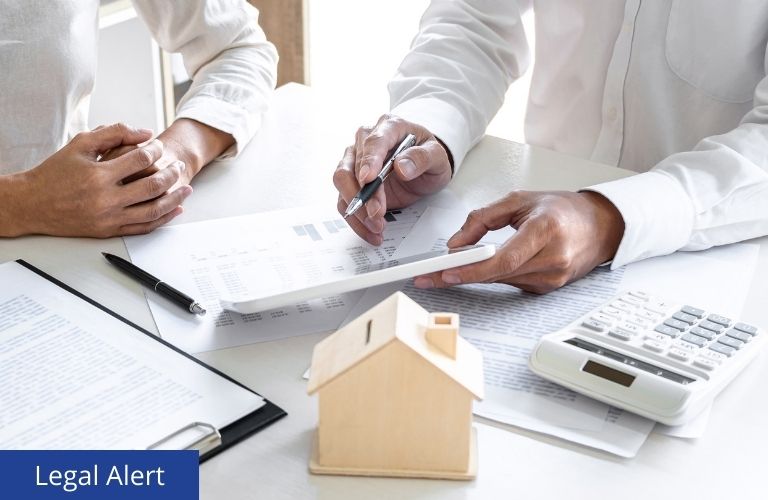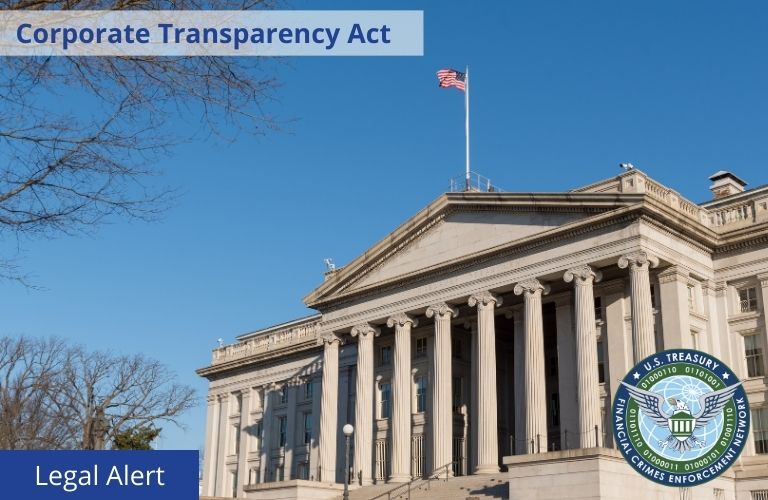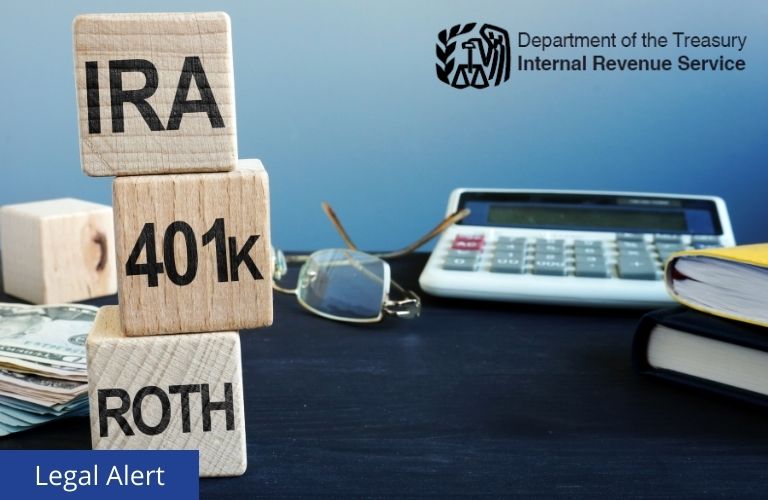
On April 17th, the U.S. Supreme Court unanimously resolved a circuit split when it held, in Cunningham v. Cornell, that plaintiffs need only “plausibly allege that a plan fiduciary engaged” in a prohibited transaction, “no more, no less.” Section 406 of the Employee Retirement Income Security Act of 1974 (“ERISA”) prohibits fiduciaries from causing a plan to engage in certain transactions with a party in interest (i.e., a prohibited transaction) unless an exemption applies. ERISA Section 408 sets forth various exemptions, such as the ability to hire a party in interest if its services are “necessary for the establishment or… Read more

With the season of annual meetings and board elections being upon us, we provide this Memorandum to serve as a brief, bullet point summary and update of our advice regarding actions by board members of cooperatives and condominiums. We urge all boards to reach out to us for more detailed advice and with any questions, concerns, or needs regarding any of the topics mentioned below. A. Fiduciary. A board member is a fiduciary who must act in good faith and with a degree of informed care, consistent with the relevant governance documents and best interests of the cooperative/condominium, even if… Read more

You are sitting with your attorney, planning your estate, deciding how you want your assets distributed at your death. Important to you is leaving a small cash gift to each of your grandchildren, a gift to your loyal housekeeper, a donation in your memory to your favorite charity, and to make sure your pets will be properly cared for. Your assets include a brokerage account which is your primary asset with about $5 million, your day-to-day checking account with generally a small balance, and an IRA. Fast forward to your death and the time to distribute to the grandchildren, the… Read more

A recent surge of ERISA class action litigation challenges employer wellness programs that impose penalties on individuals who use tobacco. HIPAA generally prohibits group health plans from treating similarly situated individuals differently based on a health factor, including tobacco usage. An exception to this general rule applies to wellness programs that meet certain requirements. The following requirements apply to tobacco surcharge programs: Eligible individuals must have the opportunity to avoid the surcharge at least once a year. The tobacco surcharge imposed (together with the incentives for the employer’s other health-contingent wellness programs) cannot exceed 50% of the total coverage costs… Read more

Continuano i rapidi sviluppi sull’applicazione del Corporate Transparency Act (CTA), con il Dipartimento del Tesoro che ha scavalcato la FinCEN, proponendo di restringere notevolmente il CTA in modo che l’obbligo di presentazione si applichi solo alle società dichiaranti straniere. Domenica 2 marzo u.s., il Dipartimento del Tesoro ha annunciato che non applicherà sanzioni o multe nei confronti di cittadini statunitensi o di società dichiaranti locali o dei loro titolari effettivi dopo l’entrata in vigore delle modifiche alle regole di segnalazione delle informazioni sulla proprietà effettiva (BOI). Per attuare questo cambiamento nell’approccio all’applicazione delle norme, il Dipartimento del Tesoro ha dichiarato… Read more

The rapid developments under the Corporate Transparency Act (CTA) continue, with the Treasury Department coming in over the top of FinCEN, proposing to greatly narrow the CTA so that filing obligations will only apply to foreign reporting companies. On Sunday, March 2, the Treasury Department announced that it will not be enforcing penalties or fines against U.S. citizens or domestic reporting companies or their beneficial owners after forthcoming changes take effect to the beneficial ownership information (BOI) reporting rules. To implement this shift in the approach to enforcement, the Treasury Department stated that it will be issuing a proposed rulemaking… Read more

In the most recent turn of events in the saga that is the Corporate Transparency Act (CTA), FinCEN has announced that although filings remain technically required it will not issue any fines or penalties or take any other enforcement action against any companies that fail to file beneficial ownership information (BOI) reports by the current March 21, 2025, deadline. In a release dated February 27, 2025, FinCEN stated that they intended to issue an “interim final rule” no later than March 21 that would extend BOI reporting deadlines (with no indication as to the length of any such further extension)…. Read more

The SECURE 2.0 Act requires catch-up contributions (i.e., additional retirement plan contributions made by participants who are age 50 or older) made by higher-income participants to be designated as after-tax Roth contributions (the “Mandatory Roth Catch-up Requirement”). This new Mandatory Roth Catch-up Requirement was originally scheduled to take effect for taxable years beginning after December 31, 2023. However, the IRS granted an administrative transition period (through December 31, 2025) during which catch-up contributions made by higher-income participants were treated as satisfying the requirements even if they were not designated as Roth (see IRS Notice 2023-62). In January, the Department of… Read more

In two recent decisions, the New York Appellate Division held that a limited liability company (“LLC”) that does not sign its own operating agreement is not bound by the terms of that agreement; only its signatory members are bound. This holding opens the door to the unwelcome dynamic where LLC members may be bound to the bargained for rights and obligations by which they intended to govern the LLC, but the LLC is not. The operating agreement of an LLC is generally accepted as the foundational document of any LLC, providing for how the company will be governed as well… Read more

Gli obblighi di segnalazione delle informazioni sul beneficiario effettivo (BOI) ai sensi della nota Legge CTA sono ufficialmente tornati in vigore. Il 18 febbraio 2025, la Corte distrettuale degli Stati Uniti per il distretto orientale del Texas ha accolto l’appello del Dipartimento del Tesoro degli Stati Uniti per la sospensione dell’ordinanza del tribunale che concedeva un’ingiunzione preliminare a livello nazionale contro l’applicazione del Corporate Transparency Act nella causa Smith vs. U.S. Department of the Treasury. Poiché questa sentenza ha revocato l’unica ingiunzione nazionale rimasta sull’applicabilità del CTA, la FinCEN [United States Department of the Treasury Financial Crimes Enforcement Network |… Read more











